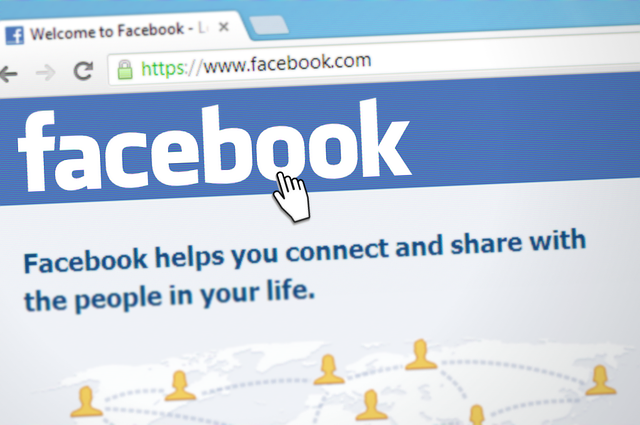Facebook Emotions Spread Like Wildfire

Feeling blue because your friend posted a sad status update on Facebook? Don't worry; you're not the only one. New research reveals that Facebook feelings are contagious.
Researchers from the University of California analyzed over a billion status updates among more than 100 million people on Facebook in the United States and found that happy status updates gather more positive posts. However, negative updates lead to more negative posts.
The good news is positive posts were significantly more contagious compared to negative posts.
"Our study suggests that people are not just choosing other people like themselves to associate with but actually causing their friends' emotional expressions to change," lead author James Fowler, professor of political science in the Division of Social Sciences and of medical genetics in the School of Medicine at UC San Diego, said in a news release. "We have enough power in this data set to show that emotional expressions spread online and also that positive expressions spread more than negative."
Researchers said very little is known about emotion contagion in online networks, and the goal of the latest study was to see if emotion could spread among social media users.
The latest study involved anonymous status updates on Facebook in the top the top 100 most populous cities in the U.S. over 1,180 days, between January 2009 and March 2012. Researchers used automated text analysis to measure the emotional content of each post.
Analyses revealed that rainy weather consistently changes the mood of posts, increasing the number of negative posts by 1.16 percent and depressing the number of positive by 1.19 percent. To make certain that rain wasn't directly affecting the friends, researchers restricted their analysis to friends who were in different cities where it was not raining. Furthermore, they removed from their analysis all weather-related status updates to account for topic contagion.
The findings revealed that a user's negative post about being rained on triggered changes in the moods of their friends who stayed dry. In fact, each additional negative post gave way to 1.29 more negative posts among a user's friends. However, each positive post resulted in an additional 1.75 positive posts among friends.
Researchers believe emotional contagion online is even more pronounced in reality.
"It is possible that emotional contagion online is even stronger than we were able to measure," Fowler said. "For our analysis, to get away from measuring the effect of the rain itself, we had to exclude the effects of posts on friends who live in the same cities. But we have a pretty good sense from other studies that people who live near each other have stronger relationships and influence each other even more. If we could measure those relationships, we would probably find even more contagion."
Researchers concluded the study suggest that emotions "might ripple through social networks to generate large-scale synchrony that gives rise to clusters of happy and unhappy individuals." And as online social media networks grow, researchers believe there may be even greater spikes in global emotion that could generate increased volatility in everything from political systems to financial markets."
"If an emotional change in one person spreads and causes a change in many, then we may be dramatically underestimating the effectiveness of efforts to improve mental and physical health," said Fowler. "We should be doing everything we can to measure the effects of social networks and to learn how to magnify them so that we can create an epidemic of wellbeing."
The findings are published in the journal PLOS ONE.
© MD News Daily.
